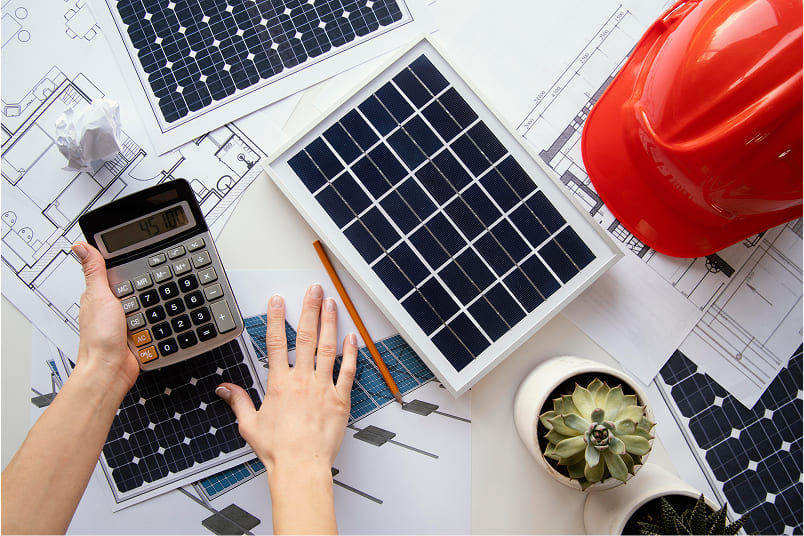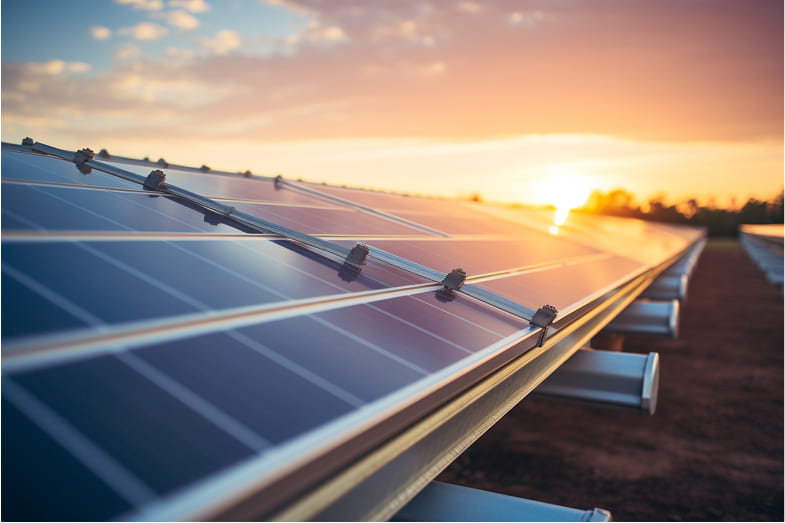When it comes to solar energy, proper planning is the foundation of a successful and efficient installation. Whether you’re considering solar for your home or business, a well-thought-out plan ensures that your system performs optimally, saves you money, and complies with all necessary regulations. Here’s why planning is crucial:
1. Thorough Site Assessment: Maximizing Efficiency
Before installing a solar system, a site assessment is essential. This involves analyzing factors like sun exposure, shading, roof orientation, and structural integrity to determine the best placement for solar panels. The goal is to maximize energy production while ensuring your system operates efficiently throughout the year.
2. Customized System Design: Tailoring the System to Your Needs
Effective planning includes designing a system that fits your energy needs and space. From sizing the solar panels to selecting the right inverters and batteries, every detail must be carefully considered. A properly designed system ensures optimal performance and reliability, leading to long-term savings.
3. Navigating Permits and Regulations: Ensuring Compliance
Obtaining the necessary permits and adhering to local building codes is a critical part of the planning process. With proper planning, you can avoid potential delays and ensure that your system complies with safety standards and regulatory requirements, making the installation process smooth and stress-free.
4. Financial Analysis: Understanding the Costs and Benefits
A solid planning phase includes conducting a financial analysis to assess the cost, return on investment, and long-term savings of your solar system. This step helps you make an informed decision about whether solar is a financially viable option for your home or business.
5. Detailed Project Timeline: Staying on Track
Planning also means creating a project timeline that outlines each phase of the installation process, from site assessment to system commissioning. A clear timeline ensures that all tasks are coordinated and completed on schedule, minimizing disruptions and keeping the project on track.
6. Maintenance and Monitoring: Long-Term Performance
A successful solar installation doesn’t stop once the system is up and running. Planning includes developing a maintenance and monitoring plan to ensure the system remains efficient. Regular inspections, cleaning, and monitoring systems will help track energy production and address any issues early on.
The Importance of a Well-Thought-Out Plan
A comprehensive plan is crucial for maximizing your solar system’s performance, ensuring compliance with regulations, and making sure you get the most value from your investment. Without a proper plan, the risk of inefficiency, higher costs, and delays increases.
At Electra Solar, we believe in the power of planning. We work closely with our clients to create tailored solar solutions that fit their specific needs and goals. Contact us today to schedule a consultation and start planning your solar system with our expert team!









